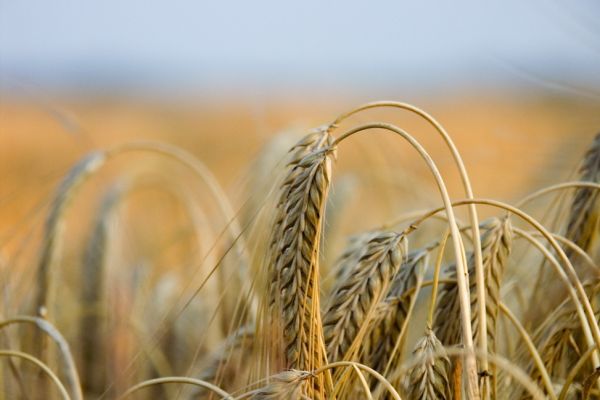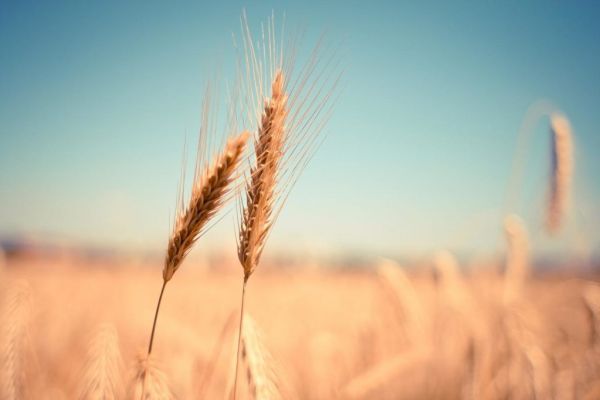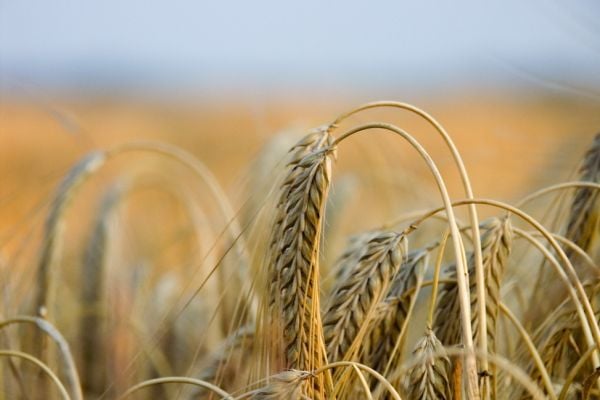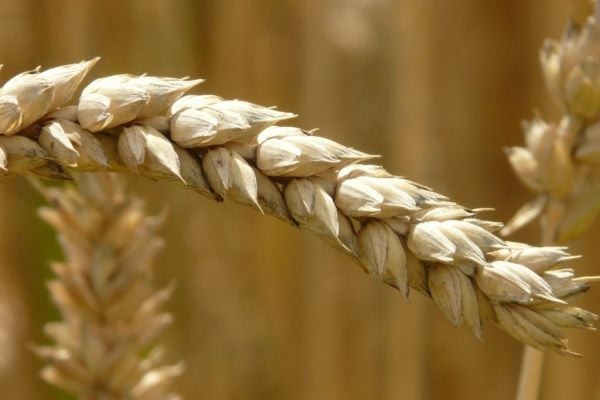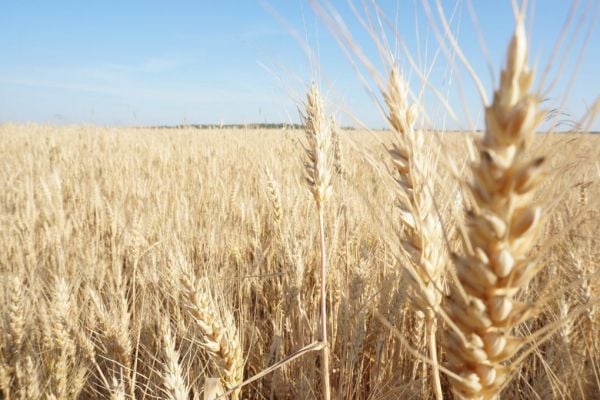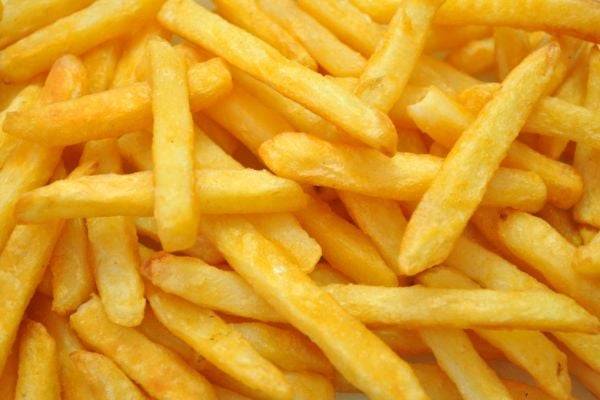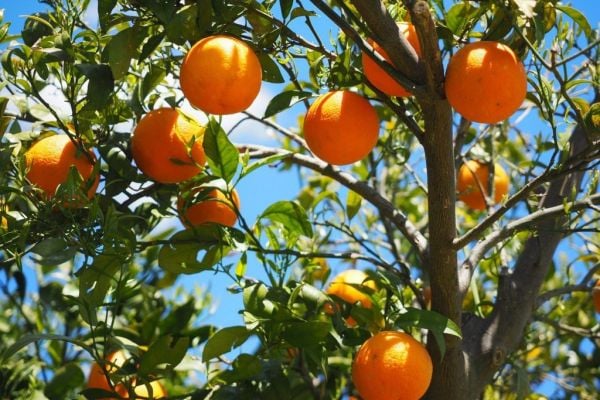Russian wheat export prices jumped last week along with global prices after Russia's withdrawal from the Black Sea grain deal and amid restrictions on navigation in the Kerch Strait, analysts said.
Last Monday, Russia pulled out of the UN-backed deal that allowed the safe Black Sea export of Ukraine's grain, after saying for months that conditions for its extension had not been fulfilled.
The passage of cargo ships through the Kerch Strait was closed from 16 to 20 July, sources told Reuters. Аccording to analysts, the Strait is the route for around a third of Russia's grain exports.
According to the IKAR agriculture consultancy, the price of 12.5% protein Russian wheat scheduled for free-on-board (FOB) delivery in the second half of August jumped to $242 a tonne at the end of last week from $228 a tonne the week before.
Wheat Exports
Russia-focused agricultural consultancy SovEcon estimates total Russian wheat exports in July at 4.3 million tonnes, compared to 2.5 million tonnes in July 2022 and 2.8 million tonnes on average historically for the month of July. Russian wheat exports have been at record highs in recent months due to large stocks and high yields.
Russia exported 1.2 million tonnes of grain last week compared to 960,000 tonnes a week earlier, including 1.1 million tonnes of wheat compared to 820,000 tonnes a week earlier, Sovecon wrote in its weekly note, citing port data.
The harvest is lagging amid persistent rains, SovEcon noted. The wheat harvest as of 20 July totalled 16.9 million tonnes (versus 25.7 million tonnes а year earlier) from 4.3 million hectares (versus 5.9 million hectares). This accounts for 14% of the total area, the slowest pace in recent years.
For the next week, weather models predict mostly dry weather in the South, southern Centre, and southern Volga Valley. These regions badly need drier weather to continue the harvest, SovEcon noted.
